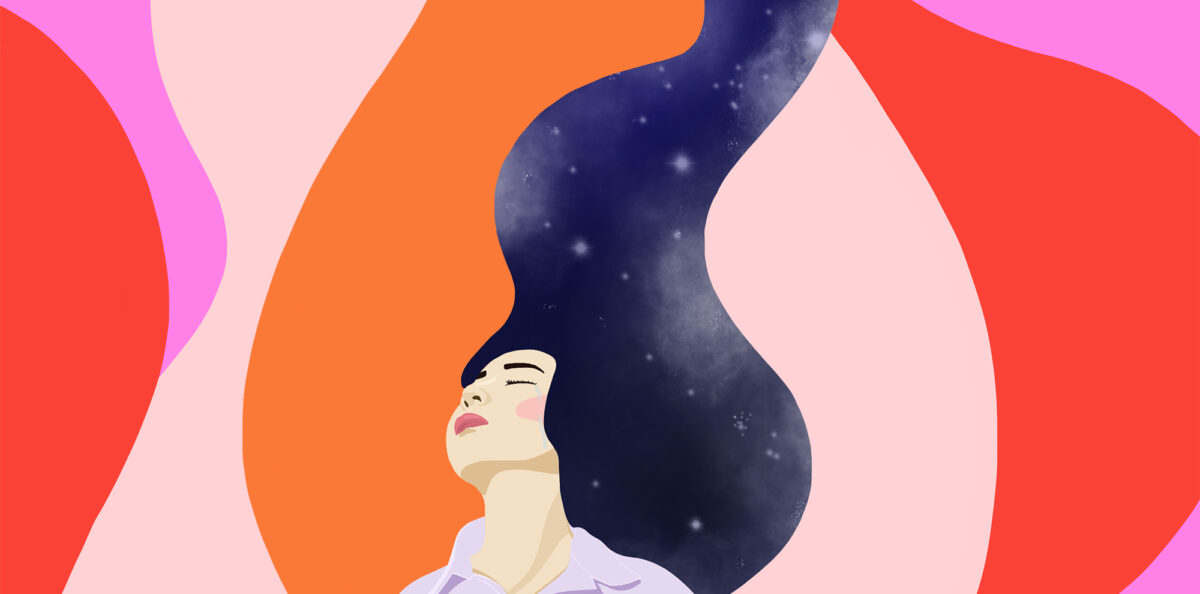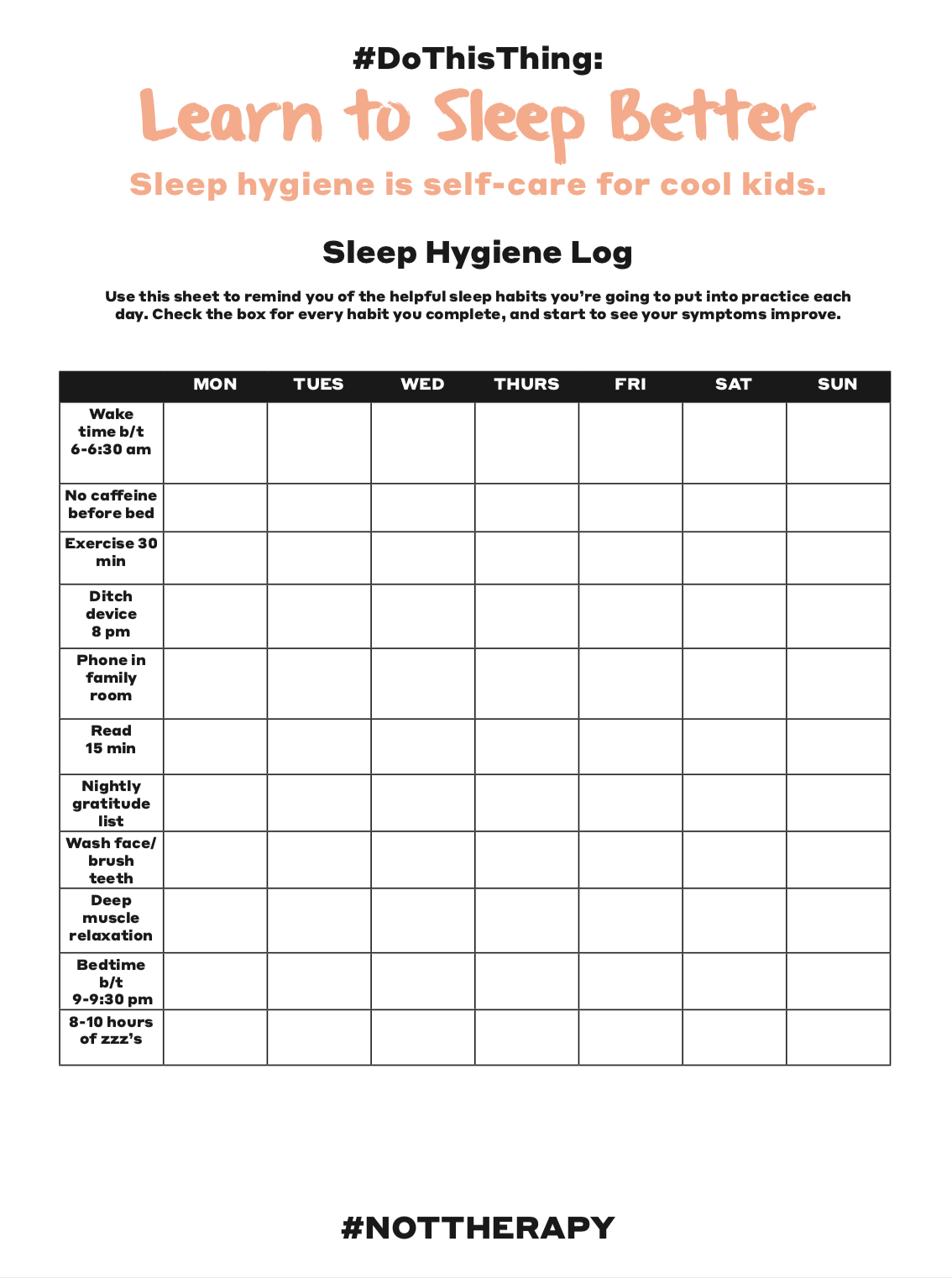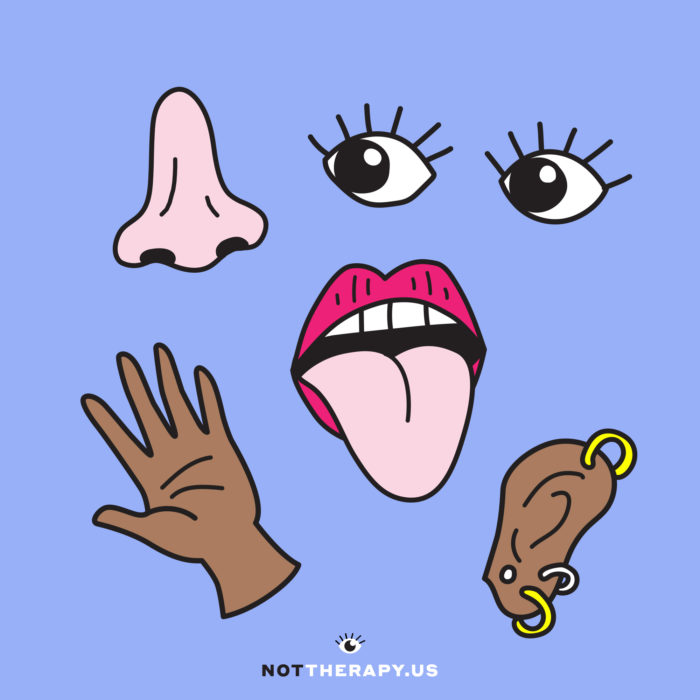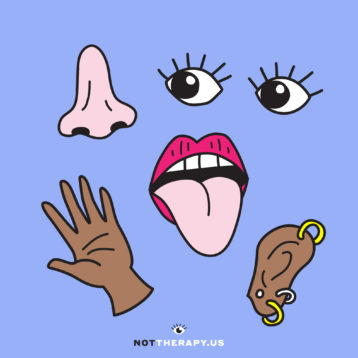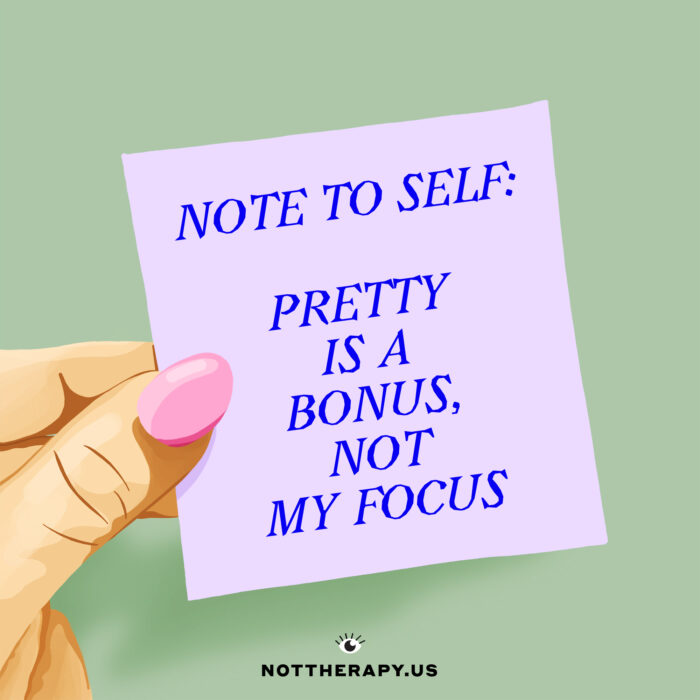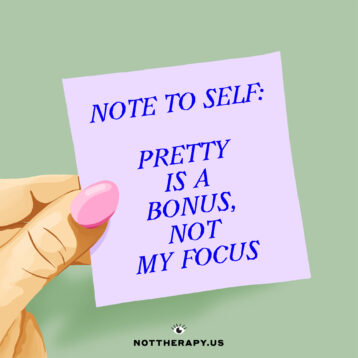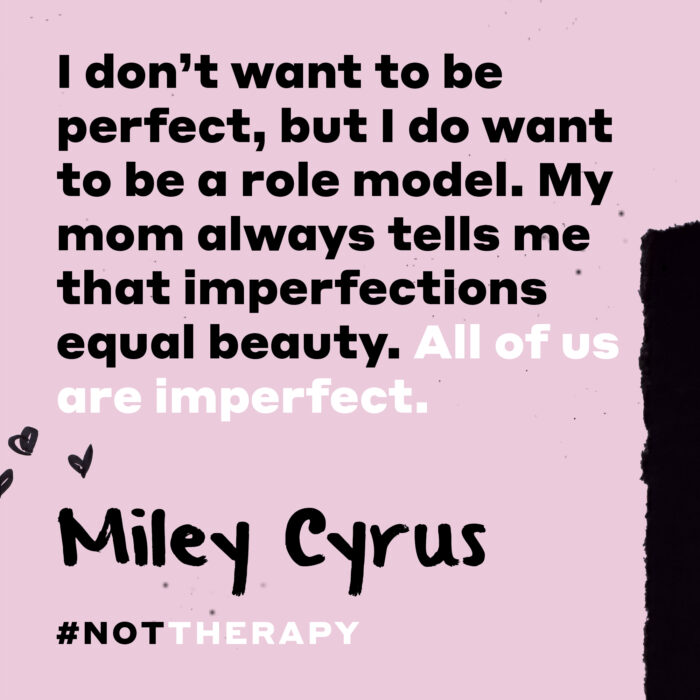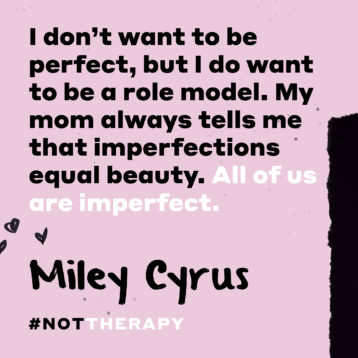Sleep is everything—but you don’t realize it.
Look, you don’t have to explain yourself to me. Not only do I have one of you at home, but I spend all day every day with teens just like you. Plus, I was once a sleep-deprived teenager, myself.
I can cut you some slack, knowing that many of your night-owl-like ways have to do with your changing body and circadian rhythms. It’s hard to manage your sleep when your biological sleep patterns have shifted, but your school bell still rings super early.
I’m sure you’ve noticed that you get tired much later than you did a few years ago. In adolescence, it’s natural to have a hard time falling asleep before 11 pm. That’s only an issue because you require about eight to 10 hours of sleep to function at your best, and most of you are waking up at 6 am on school days, after staying up late working on class projects, enjoying extracurriculars or perhaps pulling an evening shift at a part-time job. You’re likely getting around seven hours MAX and so, you’re putting yourself at risk for lots of problems with your immune system, mental health, concentration, memory and, yes, your complexion. This is the reason that some smart adults are lobbying for a later start time for high schoolers.
#TheFacts
Sleep is as vital to your well-being as air, water and food. At your age, research indicates that sleep is more important than when you were 10 years old, because your brain is going through another big developmental stage that’s supported by proper rest.
Sleep decreases stress and increases resiliency. Research has shown that teens with low stress sleep more hours per night than teens with high stress (7.8 vs. 6.9 hours).
Lack of sleep messes up your immune system. Our immune systems help us to fight off infection, inflammation and disease by releasing proteins called cytokines. When you don’t get enough sleep, your cytokine production decreases, putting you at risk of getting sick more easily.
Sleep deprivation screws with your memory and concentration, too. Specifically, people who lack sleep have trouble with auditory and visuo-spatial attention, performing addition and subtraction tasks, and their reaction times are poor. Basically, if you didn’t get enough sleep last night, then take the bus to school so you don’t crash your mom’s car and be warned, your performance in math class is gonna suck.
Sleep and mental health are seriously connected. While it was thought that too little sleep was a symptom of depression, ADHD, bipolar disorder and anxiety, researchers have begun to flip that script, indicating that not getting enough sleep may actually put us at risk for these disorders. There’s a lot about the relationship between sleep and mental health that’s not yet understood, but whether it’s a casual relationship or a correlational relationship, we do know for certain that there’s a strong connection between the two, making the case for the importance of getting more zzz’s.
#TheFeels
We all know what it feels like to be tired. I, for one, am extremely sensitive to lack of sleep. I cry. I’m irritable. I eat foods that aren’t good for me, which makes me feel gross. My daily run is tragically slow and frustrating, so I can’t even get the hit of serotonin that I need to feel good. I can’t think. I kinda hate everyone. Bottom line—life doesn’t feel fun when I’m tired. And I know I’m not alone.
I have teens in my office every day, complaining of anxiety, mood dysregulation and problems concentrating in school. My first question is always, “How do you sleep?” Second, “What’s your bedtime and wake time?” Rarely have I seen a teen struggling, whose lifestyle practices, especially with regards to sleep, are on point.
Interestingly, once we get those lifestyle patterns in check, their mood lifts, anxiety decreases and concentration and grades improve. Much of the time, their parents think I’m brilliant, tossing around quick fixes like it’s nobody’s business. In reality, it has nothing to do with me and everything to do with their child—taking themselves, their developing brains and their bodies more seriously than ever before. Oh, what a little information and several behavioral tweaks can do…
You want in on the deets and tweaks?
I got you. Let’s literally learn to sleep better by practicing good sleep hygiene with this week’s #DoThisThing.
Research from the American Psychological Association’s Stress in America™ Survey (2017), “Stress in America: The State of Our Nation.” Art by Edinah Chewe.


